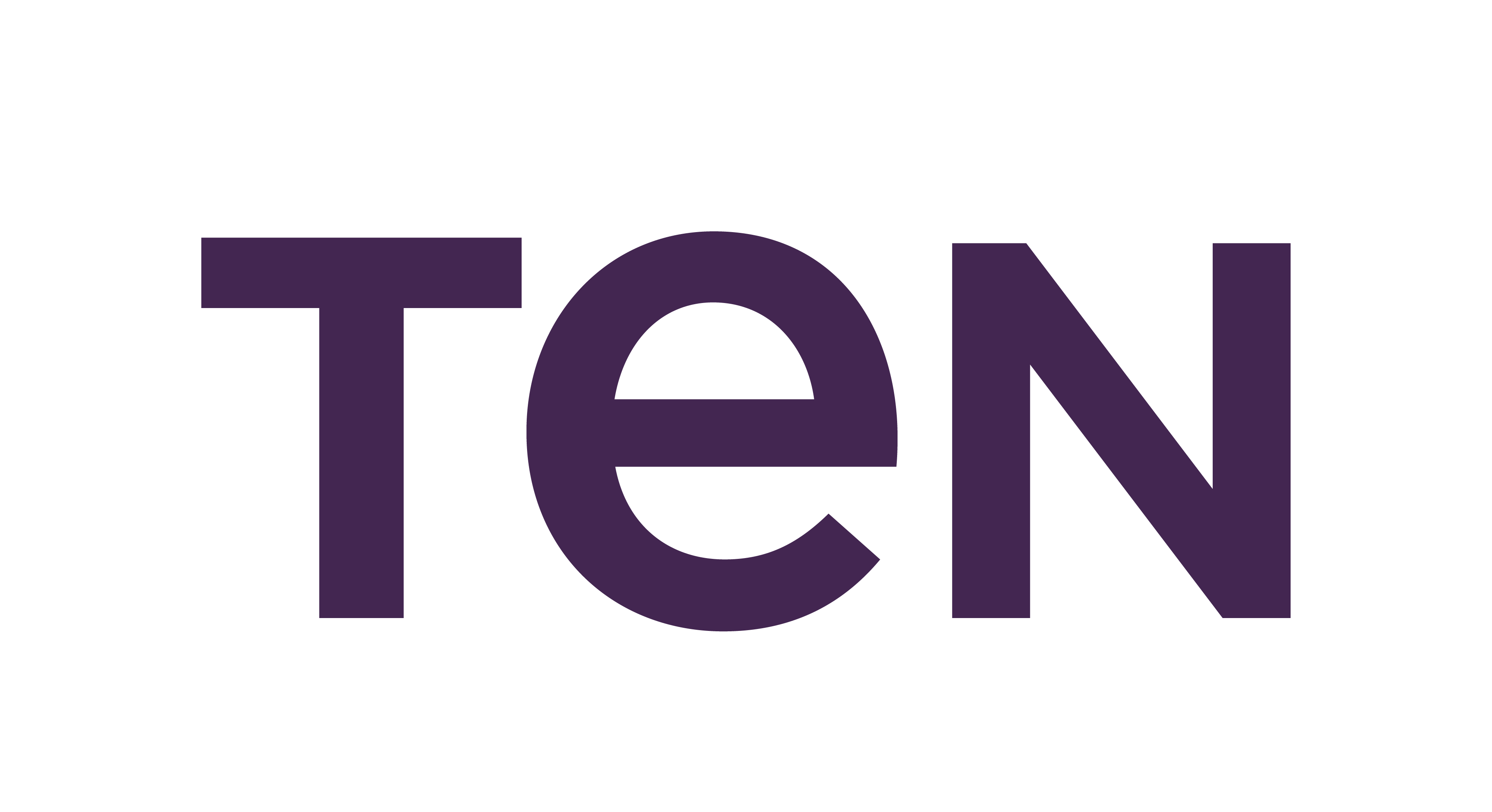

Ten Lifestyle Group Plc

London Borough of Camden, United Kingdom
April 2023
Other personal services
Service with Minor Environmental Footprint
Argentina,
Australia,
Belgium,
Brazil,
Canada,
China,
Colombia,
Hong Kong S.A.R.,
India,
Japan,
Mexico,
Norway,
Singapore,
South Africa,
Switzerland,
United Arab Emirates,
United Kingdom,
United States
Ten Lifestyle Group (‘Ten’) is on a mission to become the most trusted service platform in the world. Ten offers a market leading customer engagement and loyalty platform to global financial institutions and other premium brands wanting to attract and retain high net worth customers. With a vast eligible user base consisting of millions of members and their families, Ten provides a wide range of services across lifestyle, travel, dining, entertainment and retail benefits. These services are offered on behalf of over fifty clients including Standard Chartered, HSBC, Westpac and Royal Bank of Canada. Ten’s partnerships are based on multi-year contracts, generating revenue through platform-as-a-service and technology fees. Underpinning Ten’s operations is an increasingly sophisticated personalisation platform comprising industry-first, proprietary technology, thousands of supplier relationships and 25 years of proprietary expertise delivered from over 20 global offices.
Overall B Impact Score
Governance 22.7
Governance evaluates a company's overall mission, engagement around its social/environmental impact, ethics, and transparency. This section also evaluates the ability of a company to protect their mission and formally consider stakeholders in decision making through their corporate structure (e.g. benefit corporation) or corporate governing documents.
Workers 27.4
Workers evaluates a company’s contributions to its employees’ financial security, health & safety, wellness, career development, and engagement & satisfaction. In addition, this section recognizes business models designed to benefit workers, such as companies that are at least 40% owned by non-executive employees and those that have workforce development programs to support individuals with barriers to employment.
Community 19.6
Community evaluates a company’s engagement with and impact on the communities in which it operates, hires from, and sources from. Topics include diversity, equity & inclusion, economic impact, civic engagement, charitable giving, and supply chain management. In addition, this section recognizes business models that are designed to address specific community-oriented problems, such as poverty alleviation through fair trade sourcing or distribution via microenterprises, producer cooperative models, locally focused economic development, and formal charitable giving commitments.
Environment 8.9
Environment evaluates a company’s overall environmental management practices as well as its impact on the air, climate, water, land, and biodiversity. This includes the direct impact of a company’s operations and, when applicable its supply chain and distribution channels. This section also recognizes companies with environmentally innovative production processes and those that sell products or services that have a positive environmental impact. Some examples might include products and services that create renewable energy, reduce consumption or waste, conserve land or wildlife, provide less toxic alternatives to the market, or educate people about environmental problems.
Customers 3.3
Customers evaluates a company’s stewardship of its customers through the quality of its products and services, ethical marketing, data privacy and security, and feedback channels. In addition, this section recognizes products or services that are designed to address a particular social problem for or through its customers, such as health or educational products, arts & media products, serving underserved customers/clients, and services that improve the social impact of other businesses or organizations.